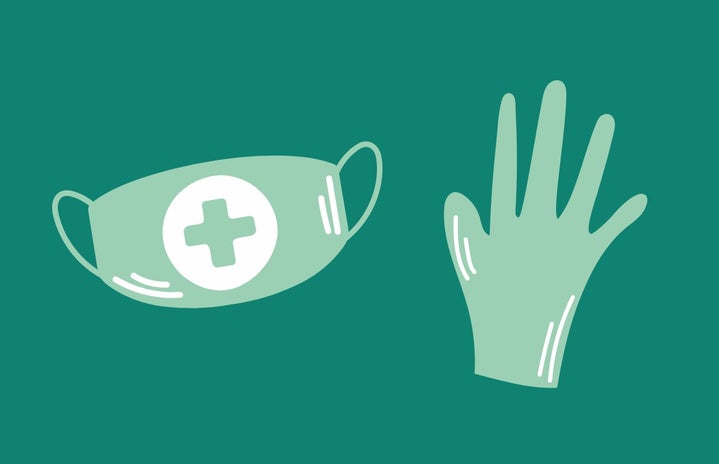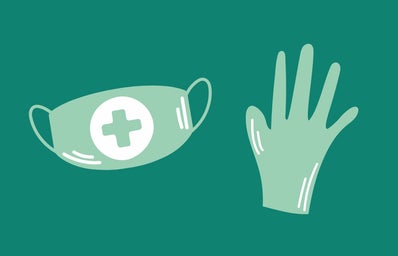In our society of prevailing partisanship and affective polarization, opinions on issues such as police reform, gun control, and reproductive rights have become an adherence of party ideology rather than personal opinion.
Among these important and relevant issues, universal healthcare marks one of the most contentious and largely debated topics between political parties and constituents.
However, as the United States continues to debate the need for a universal or single payer healthcare system, our allies in the United Kingdom, France, Canada, and abroad already have functioning and successful systems that continue to serve the general population.
Many reasons exist as to why universal healthcare is not already established in the U.S., but some include fear of higher taxes, apathy towards those in need, and corporate greed.
In a country with an economy driven by profitability, the healthcare industry remains one of dozens of sectors where necessity has been weaponized for corporate gain.
Whether it is rising prices by pharmaceutical companies or high co-pays with private insurance, may Americans continue to struggle to receive adequate medical coverage for their health needs.
Healthcare in the U.S. is run by hospital conglomerates, insurance companies, and pharmaceutical companies, all businesses that work to essentially make a profit. In the current U.S. system, a portion of the health care budget is used to pay dividends rather than to fund medical care.
In 2019 alone, over 28.9 million Americans were uninsured, with the percentage standing at 10.9%. Many non-elderly individuals who are uninsured may relate to a lack of employment, as access to private insurance is linked to your job in most cases.
Under a universal or single payer system, every American would have access to medical attention regardless of their employment status.
While many claim that health care in the U.S. is superior than other countries, the average life span is shorter than other states who have functioning universal healthcare systems. Statistically, the U.S. in 2016 ranked among the top countries with the most number of deaths from preventable causes.
Developed countries with a functioning universal healthcare system have a lower mortality rate and rank lower in almost every cause of death, whether it be child birth, heart attacks, or infant mortality.
Additionally, compared to other economically prosperous countries, the U.S. consistently ranks near the bottom of the list on infant mortality, adolescent pregnancies, STDs, obesity, diabetes, lung disease, and drug related mortality.
The prevalence of many of these issues in comparison to other developed countries further emphasizes the need for a universal system.
Another argument that is often brought up in a way to discredit universal healthcare is the potential for expenses related to medical coverage nationally.
As it stands, the average American pays over $10,000 dollars per year for private insurance. A recent study by Yale University showcased that a single-payer or Medicare For All would lead to over 13% of savings in national health-care expenditures. This would mean over $450 billion dollars in savings per year.
It should also be noted that under a universal system, all current expenses related to insurance would be eliminated, which would compensate for the increase in taxes that would be significantly less than what we currently pay yearly for health insurance.
According to the New York times, an American family earning $43,000 a year currently pays about 37% of their total earnings in just taxes and health premiums.
In Finland, where taxes are statistically higher than other countries, a family earning the same will pay only 23% of their compensation in a labor tax that funds the system.
In the United Kingdom and Canada, the percentage remains 0% when you factor in added government benefits.
Thus, contrary to popular belief, studies consistently show that the average American will not be battling higher taxes or struggling to make ends meet if a universal healthcare system is established.
In a world where people already receive coverage from their national governments, there is no reason as to why so many Americans have to make fundraising pages or file for bankruptcy because of an uncontrollable and unpredictable health issue.
In essence, Americans should not be made a servant to medical bills and high co-pays and premiums. We need to work to protect our entire population and not just those who can afford to pay private insurance.


